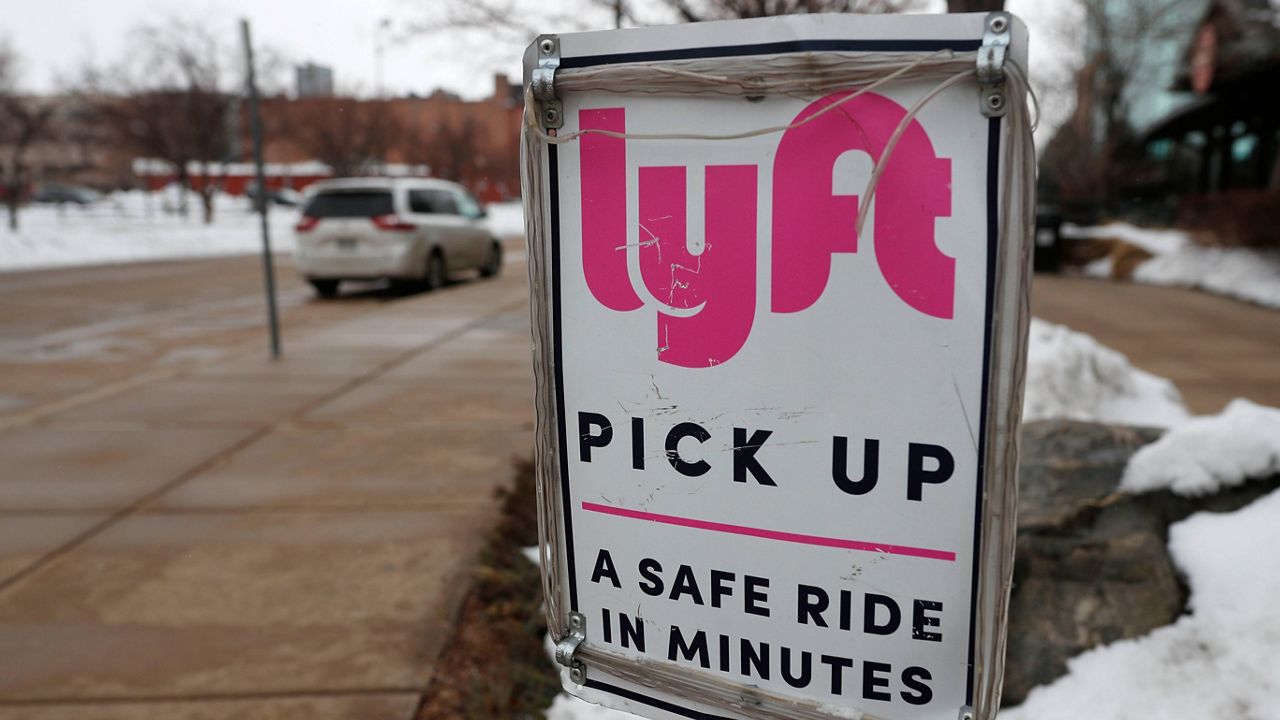There were more than 1,800 reports of sexual assault on Lyft rides in 2019, the company said in its first-ever safety report released Thursday.
What You Need To Know
- The ride-hailing company Lyft on Thursday released its first-ever safety report Thursday, which said 1,807 sexual assaults were reported during its rides in 2019
- There was a 64% increase in sexual assault incidents on Lyft rides compared to 2017, but the company said that, because its volume of business has increased, the actual rate of such incidents declined by 19% over that time period
- Lyft said the "type of safety incidents detailed in this report occurred on 0.0002% of rides, and well over 99% of all rides occur without any safety report at all"
- Lyft says it has a rigorous background check process for drivers and regularly consults with outside experts on safety policies and features, but it faces lawsuits from victims of sexual assaults that occurred during its rides
Lyft promised to release its sexual assault statistics in 2019 after rideshare rival Uber issued a similar report, but it took nearly three years to do so.
The ride-hailing company said 1,807 sexual assaults were reported in 2019, the most recent year for data in the report.
The report divided the types of sexual assaults into five categories: There were 156 reports of rape, 114 reports of attempted rape, 1,041 reports of non-consensual touching of a sexual body part, 293 reports of non-consensual kissing of a non-sexual body part and 203 reports of non-consensual kissing of a sexual body.
There was a 64% increase in sexual assault incidents on Lyft rides compared to 2017, but the company said that, because its volume of business has increased, the actual rate of such incidents declined by 19% over that time period — and across all five categories.
“Safety incidents on Lyft are statistically very rare,” Lyft said in a blog post on its website. “The type of safety incidents detailed in this report occurred on 0.0002% of rides, and well over 99% of all rides occur without any safety report at all.”
The rate of sexual attacks was roughly the same as what Uber reported in its 2019 report.
“While safety incidents on our platform are incredibly rare, we realize that even one is too many,” Lyft said. “Behind every report is a real person and real experience, and our goal is to make each Lyft ride as safe as we possibly can.”
Lyft says it has a rigorous background check process for drivers and regularly consults with outside experts on safety policies and features.
The San Francisco-based company, however, faces lawsuits from victims of sexual assaults that occurred during its rides.
Alison Turkos is among those suing Lyft. She says she was kidnapped at gunpoint in 2017 by her Lyft driver in New York and driven to New Jersey, where she was raped by him and at least two other men.
On Friday, she tweeted: “Yesterday @lyft released their first-ever ‘safety report’, but in reality, it's a harm report, b/c they are reporting on the harm they have caused. Do not applaud Lyft for this, it's survivors like myself who made this happen and held them accountable.”
Lyft also reported there were 49 motor vehicle fatalities on its rides in 2019. That’s up from 22 in 2017, but the percentage of trips with a fatality — 0.000006% — remained the same.
The company said four people died from physical assaults during its rides in 2019, up from three each in 2017 and 2018.



